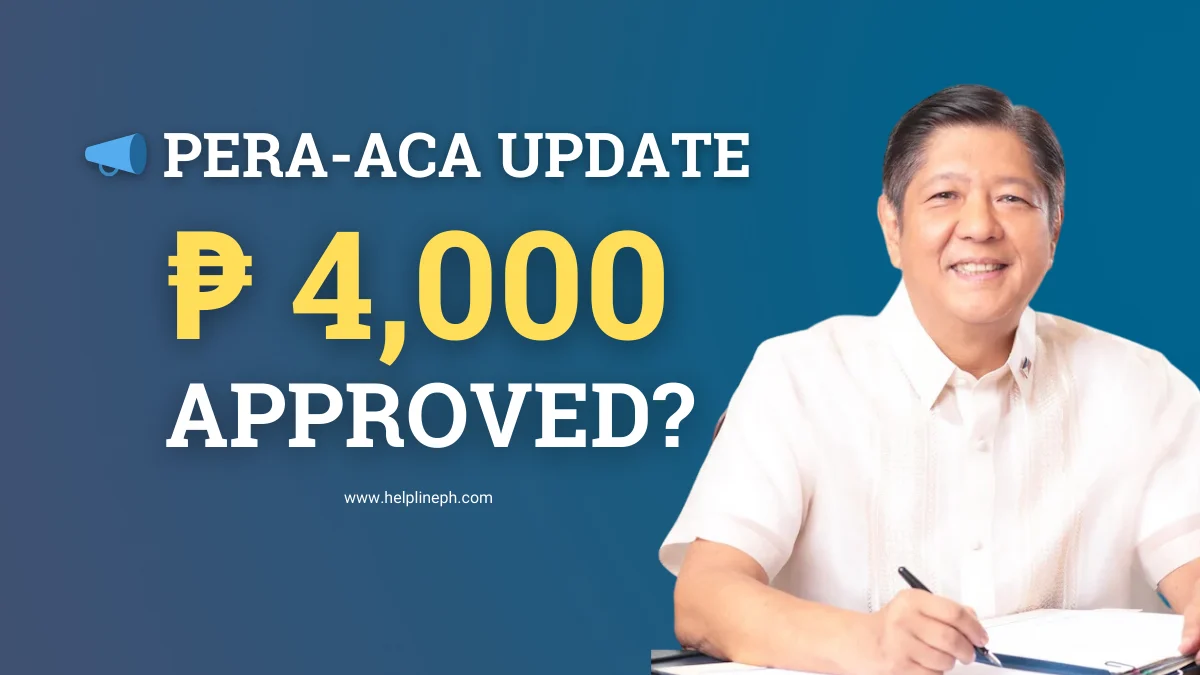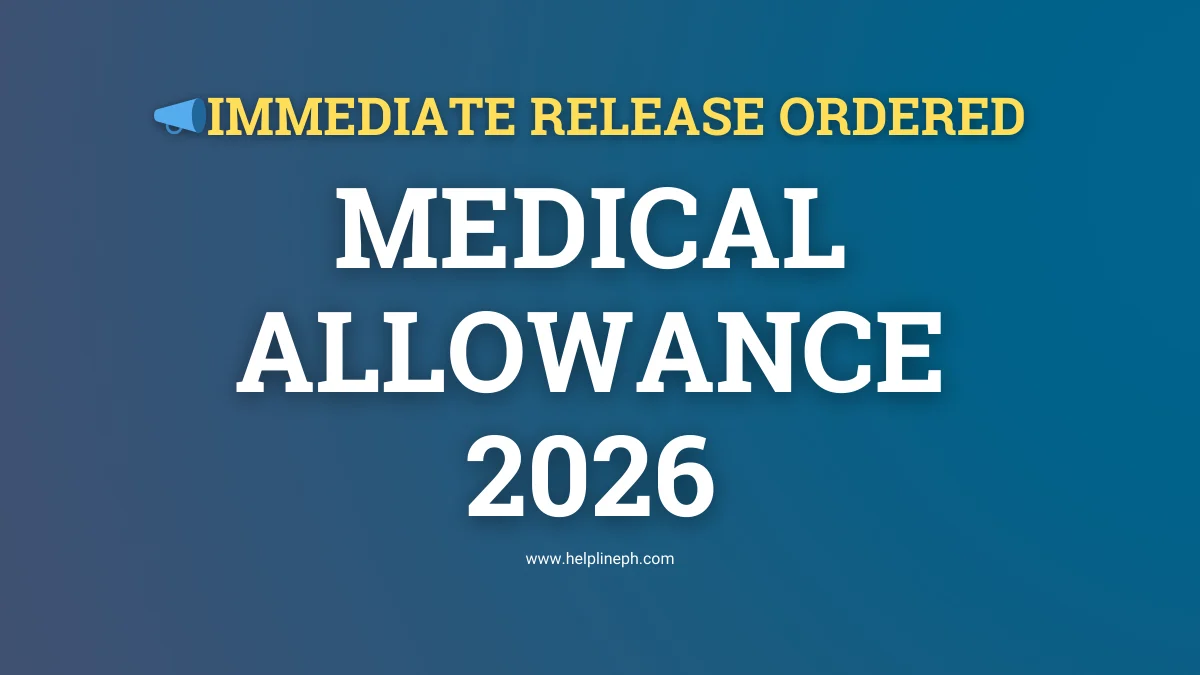The Department of Education (DepEd) in the Philippines is facing a major problem: thousands of teachers are leaving their jobs every year. This shortage is not only due to a lack of classrooms but also because of teachers retiring, leaving for better-paying jobs abroad, or feeling stuck in their careers.
Why Are Teachers Leaving?
Education Secretary Sonny Angara, during a Senate hearing on September 10, explained that the loss of teachers is becoming a serious issue. Every year, many teachers leave for different reasons:
- Retirement: Many teachers retire after years of service.
- Migration: Teachers are being recruited by other countries, especially because there is a high demand for English teachers globally.
- Career Stagnation: Teachers, especially those at the entry-level (Teacher I), feel like their careers are not progressing. They often remain in the same position for decades, receiving only small promotions with minimal salary increases.
This constant loss of teachers is creating a significant shortage that the government is struggling to fill.
Career Growth Problems
One of the main issues is the lack of opportunities for career advancement. Many teachers remain at the entry-level position for most of their careers. This is a source of frustration, as they receive only a couple of promotions over decades of service, with only small salary increases.
However, there is hope for change. Executive Order 174, which expands teaching ranks beyond the current Teacher I, II, and III positions, aims to provide better career growth opportunities. This could encourage more teachers to stay in the profession.
Hiring Difficulties and Specialization Needs
DepEd is also having trouble hiring new teachers fast enough. The problem is particularly severe at the junior high school level, where specialized knowledge is needed for subjects like science and math. According to Secretary Angara, this makes it harder to find qualified teachers for these subjects.
DepEd has requested an additional ₱15.4 billion in its 2025 budget to hire 56,060 new teachers. As of now, the public school system has around 910,434 teachers, but it is clear that more are needed to address the growing student population.
Bureaucratic Delays in Hiring
Hiring new teachers is not as simple as it sounds. Senate Basic Education Committee chairperson Sen. Sherwin Gatchalian highlighted that it can take as long as 46 months to fill a single teaching position. This delay is caused by various processes that involve multiple government agencies, such as the Civil Service Commission and the Department of Budget and Management.
Addressing Teacher Workload
In addition to teaching, many educators are burdened with administrative tasks. This issue has been raised for decades, with recommendations to remove non-teaching duties from teachers dating back to the 1925 Monroe Survey Report on the Philippine education system. To address this, DepEd has plans to hire 10,000 more administrative officers next year, which will help reduce the workload for teachers.
The Impact of the Teacher Exodus Under Vice President Sara Duterte
According to DepEd’s 2023 audit report, more than 30,000 teachers and education staff left the department between 2022 and 2023, which was Vice President Sara Duterte’s time as DepEd Secretary. The number of teachers dropped from 879,793 at the end of 2022 to 858,318 by the end of 2023. The number of teaching-related personnel, such as principals and guidance counselors, also declined.
Struggles Despite Inflation-Adjusted Pay
Despite efforts to adjust teachers’ salaries for inflation, DepEd is still struggling to hire enough new teachers. From 2019 to 2021, DepEd could only meet a little more than half of its target number of new teachers hired, even though salary increases were implemented during this time.
Conclusion: A System in Need of Reform
The exodus of teachers from DepEd highlights a system in need of reform. While steps like Executive Order 174 and plans to hire more administrative staff are promising, there are still many challenges to overcome. The government must work faster to fill teaching positions, improve career advancement opportunities, and ensure that teachers are not overwhelmed by non-teaching tasks. Without these changes, the shortage of teachers is likely to continue, impacting the quality of education for millions of students in the Philippines.






